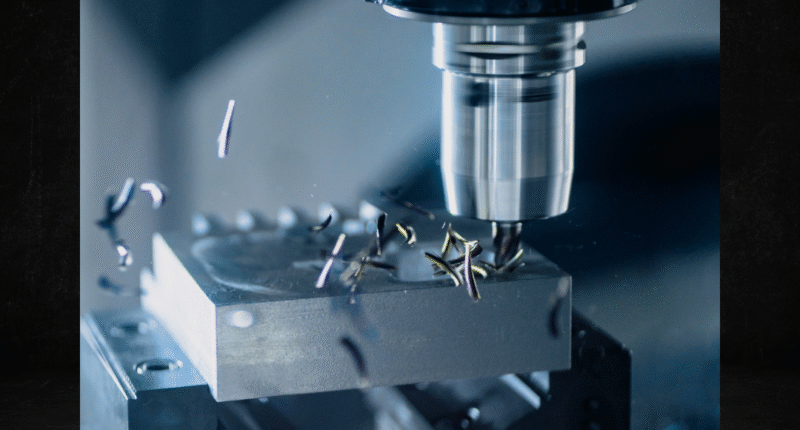Lean operations have become a cornerstone of modern manufacturing, helping businesses streamline processes, eliminate waste, and deliver greater value to customers. By applying lean principles, manufacturers can achieve higher efficiency, improved quality, and long-term sustainability. In this article, we explore the top 10 benefits of implementing lean operations in manufacturing.
1. Reduced Waste
Lean operations target the seven wastes in manufacturing—overproduction, waiting, transportation, overprocessing, inventory, motion, and defects. By minimizing these inefficiencies, manufacturers lower costs and free up valuable resources.
2. Improved Efficiency
Streamlined workflows and standardized processes ensure smooth operations. Employees spend less time on non-value-added tasks, which leads to faster production cycles and optimized resource use.
3. Enhanced Product Quality
Lean emphasizes consistency and continuous improvement. By eliminating errors and defects, manufacturers can maintain high product standards and increase customer trust.
4. Lower Operating Costs
Eliminating waste and reducing excess inventory help businesses cut unnecessary expenses. Lean methods make it possible to do more with fewer resources, improving profitability.
5. Faster Delivery Times
With lean’s focus on flow and pull systems like Kanban and Just-in-Time (JIT), products move through production faster. This shortens lead times and ensures customers receive orders on schedule.
6. Increased Flexibility
Lean operations make it easier to adapt to changes in demand. By producing only what is needed, when it is needed, manufacturers stay responsive to customer requirements.
7. Stronger Employee Engagement
Lean thrives on employee involvement. Workers are encouraged to share ideas, solve problems, and contribute to process improvements, which boosts morale and teamwork.
8. Continuous Improvement Culture
The lean philosophy emphasizes ongoing improvement through methods like Kaizen. Over time, this creates a culture where employees and managers alike are focused on refining processes and driving innovation.
9. Greater Customer Satisfaction
By delivering higher-quality products faster and at a lower cost, manufacturers can meet or exceed customer expectations. Lean operations build stronger customer relationships and brand loyalty.
10. Long-Term Competitiveness
Lean practices provide manufacturers with a sustainable advantage. By reducing costs, improving quality, and staying adaptable, businesses remain competitive in a fast-changing global market.
Conclusion
The benefits of lean operations in manufacturing extend far beyond cost savings. From waste reduction and efficiency gains to improved quality and customer satisfaction, lean provides a framework for long-term growth and competitiveness. By embracing lean practices, manufacturers can build resilient operations that continuously evolve and deliver greater value.









